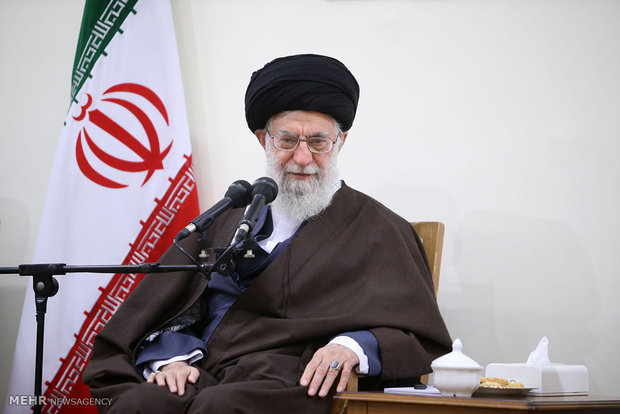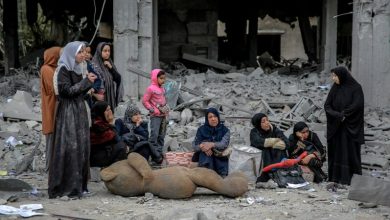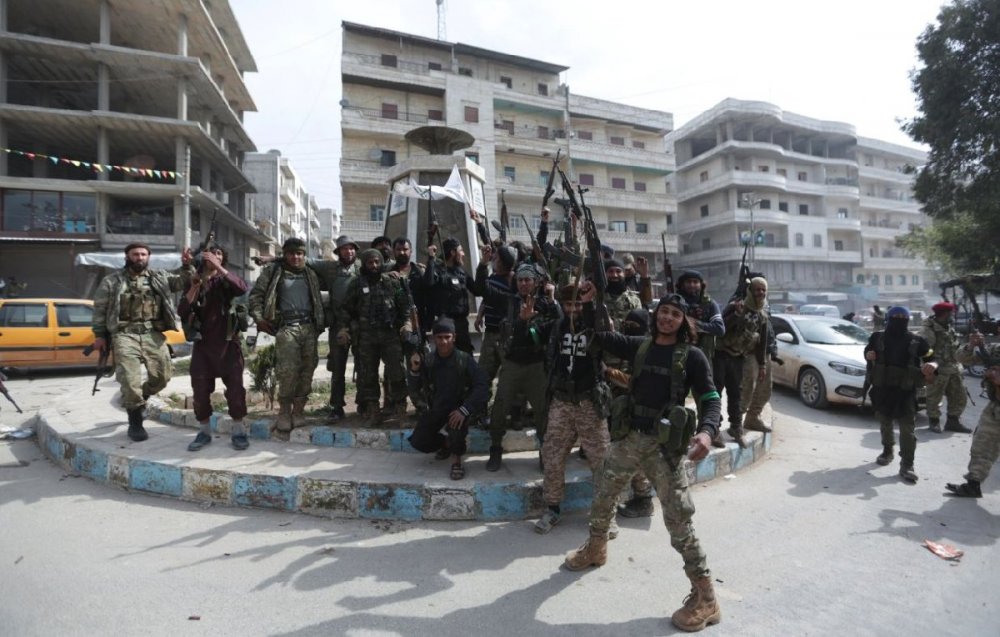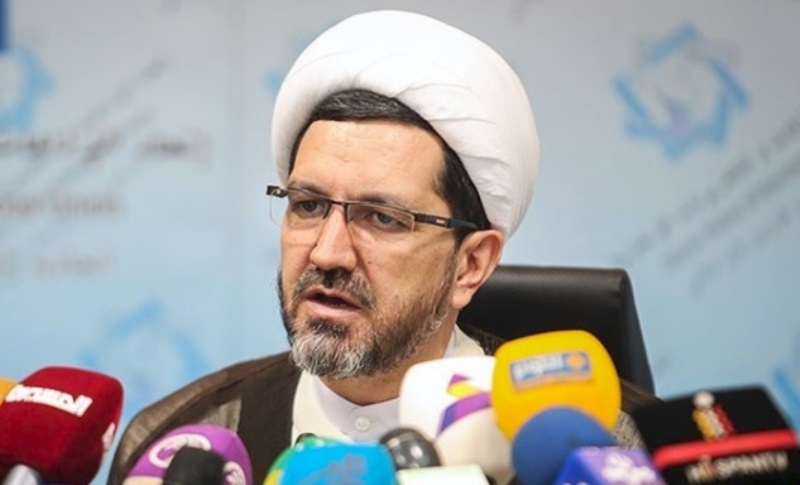Amnesty International censures world leaders over refugee crisis
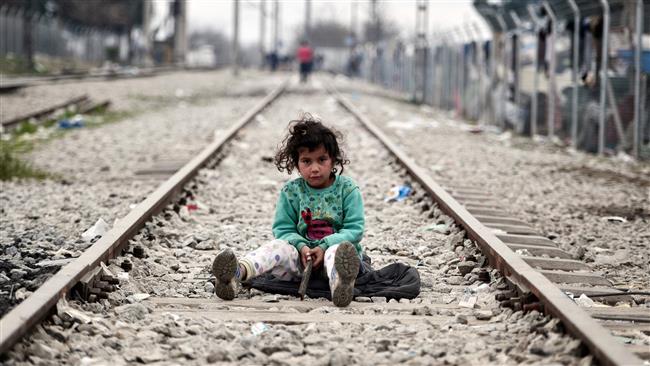

Leading human rights group Amnesty International has denounced world leaders for their failure to tackle the global refugee crisis following the failure of talks for a new UN refugee deal.
“Faced with the worst refugee crisis in 70 years, world leaders have failed to the bear the weight of responsibility,” Charlotte Phillips, an advisor on Refugees’ Rights at the UK-based rights group, said on Wednesday.
The remarks were made after UN member states earlier in the day finalized a document that will be adopted at the UN Summit for Refugees and Migrants in September, seeking to come up with a blueprint for a better international response regarding the crisis.
“The Refugee Summit was a historic opportunity to find a desperately-needed global solution to the refugee crisis. Instead, world leaders delayed any chance of a deal until 2018, procrastinating over crucial decisions even as refugees drown at sea and languish in camps with no hope for the future,” Phillips said.
“But failure to agree a deal does not let governments off the hook. States cannot continue to abdicate their responsibility to help people fleeing war and persecution,” she added.
Late last year, the United Nations High Commissioner for Refugees (UNHCR) said at least 1.4 million refugees would be in Europe by the end of 2016.
Risking life and limb, around 1.2 million asylum seekers reached the continent in 2015, mostly fleeing conflicts and insufferable living conditions in the Middle East.
Many blame support by some Western countries for the militants operating in the Middle East for increased violence, which in turn forces the departure of more people from their home countries.
Struggling to curb the crisis, Europe’s worst since World War II, the European Union (EU) struck a deal with Turkey back in March. Under the agreement, Turkey agreed to take back all the asylum seekers and refugees reaching Europe via its territory in return for financial aid, visa liberalization and the acceleration of EU membership negotiations.
The future of the deal, however, is uncertain amid rising tensions between the EU and Turkey.
